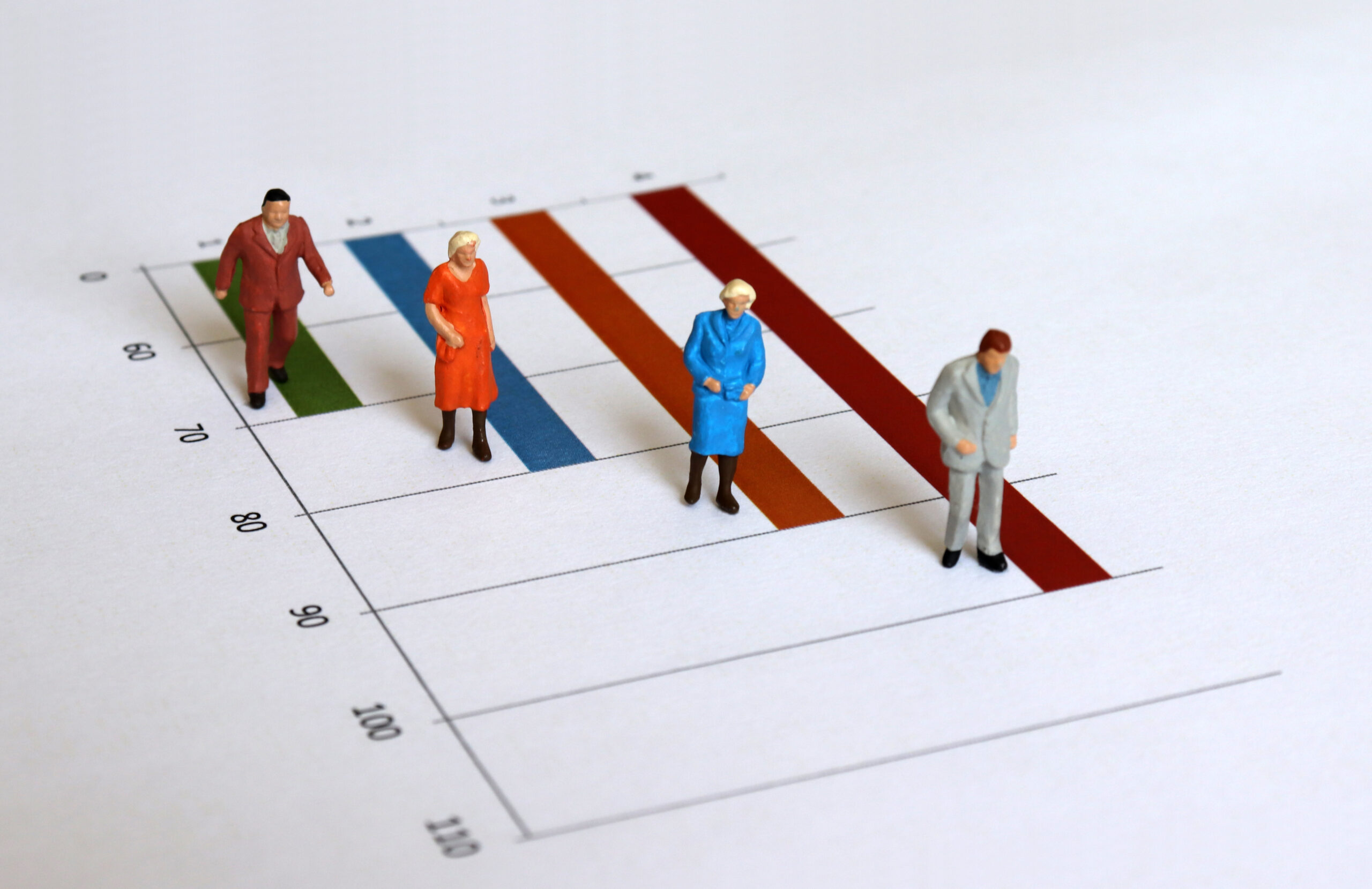The Truth About Aging and Sleep Problems
**The Truth About Aging and Sleep Problems**
As we age, sleep often becomes more elusive. What many dismiss as “just part of getting older” is actually a complex mix of biological changes, health risks, and even our own attitudes about aging. Here’s what’s really happening—and why it matters.
—
### **Why Sleep Changes with Age**
Your body’s internal clock shifts naturally over time. Older adults often feel sleepy earlier in the evening and wake up before dawn[2]. This isn’t just a habit—it’s your circadian rhythm adjusting. At the same time, deep sleep (the kind that leaves you refreshed) decreases, while lighter sleep and nighttime awakenings increase[1][3].
Naps become common too: 20–60% of older adults take daytime naps to compensate for poor nighttime rest[1]. But this can backfire by making it harder to stay asleep later.
—
### **The Hidden Health Risks**
Poor sleep isn’t just about feeling tired. Studies show it can:
– **Accelerate cognitive decline**, including memory lapses and difficulty focusing[2][3].
– **Raise dementia risk**, with chronic insomnia linked to long-term brain changes[2][5].
– **Increase disability risk**, as frequent sleep problems make daily tasks like dressing or moving harder over time[3].
Even emotions play a role: Anxiety about aging itself can worsen sleep by fueling negative beliefs like “I’m too old to sleep well”[5]. This creates a cycle where stress leads to worse rest, which then harms health further.
—
### **Medications Aren’t Always the Answer**
Many turn to sleeping pills, but research warns against relying on them long-term. Frequent use is tied to higher disability rates in older adults—possibly because medications don’t address root causes like stress or poor habits[3]. Instead of quick fixes, experts emphasize:
– **Consistent routines**: Go to bed and wake up at the same time daily[2][5].
– **Daylight exposure**: Morning sunlight helps reset your internal clock[2][5].
– **Mindset shifts**: Challenging beliefs like “I must nap” or “Aging means bad sleep” can improve outcomes[5].
—
### **Breaking the Cycle**
Sleep problems in aging aren’t inevitable—they signal deeper needs. Addressing them early (through better habits or professional help) protects both your nights *and* your future health. As one study put it: How you view aging itself might shape how well you rest… and how well you live.[5]





